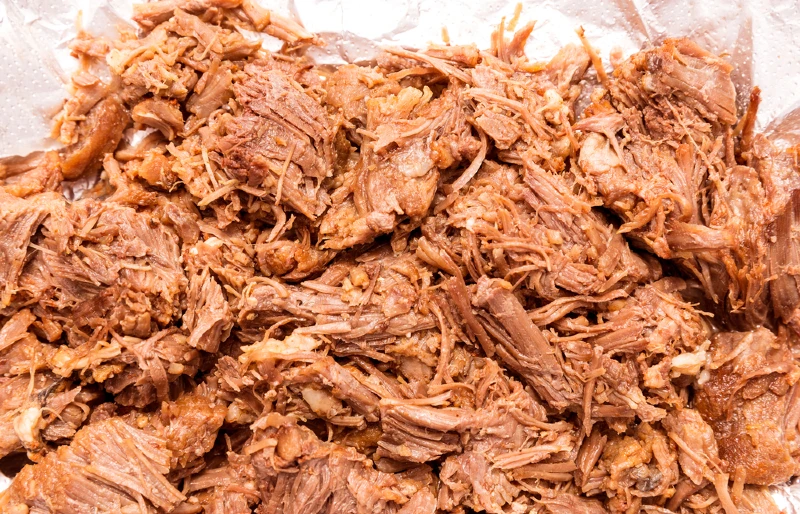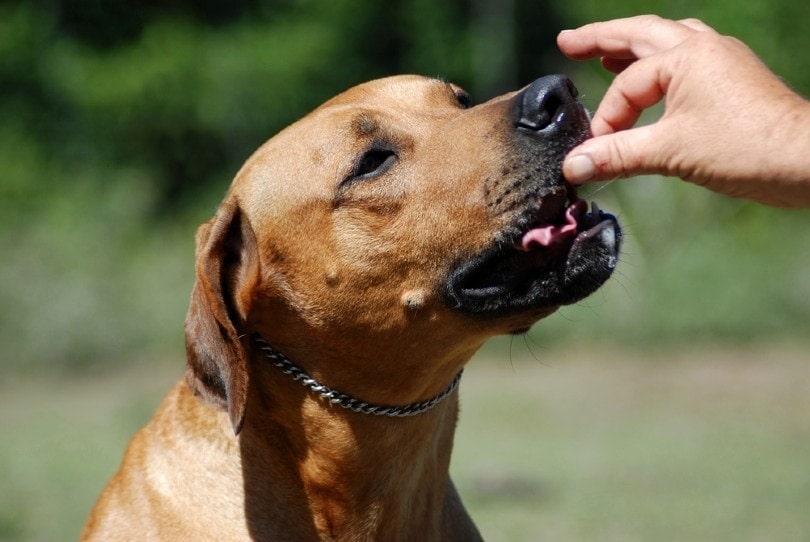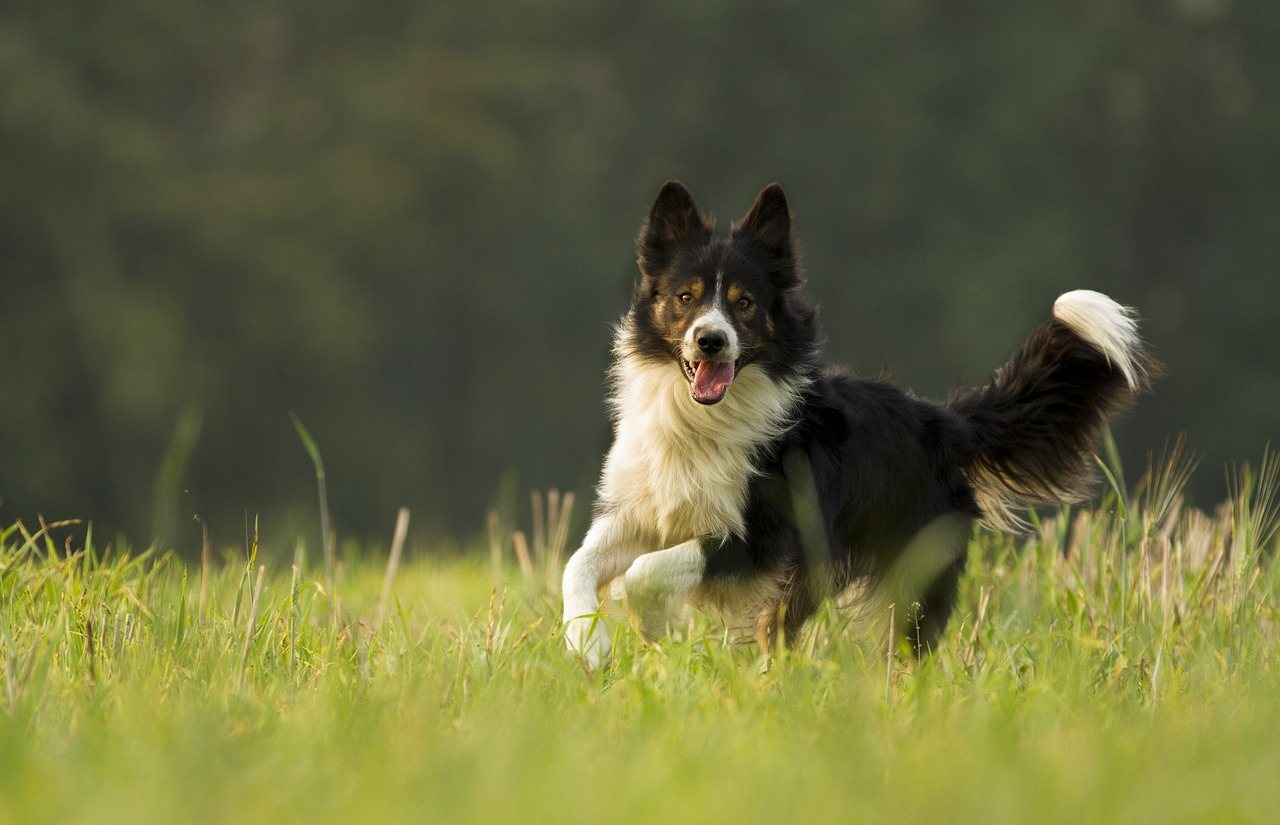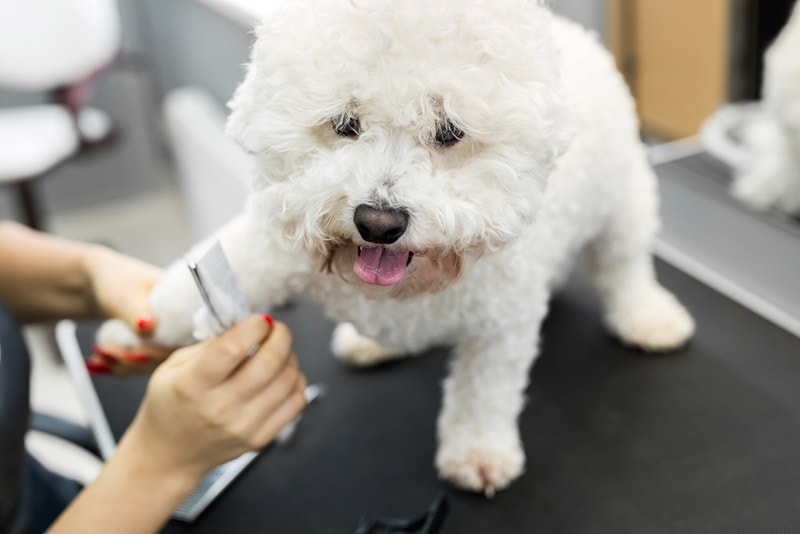Can Dogs Eat Barbacoa? Vet-Reviewed Health Concerns
By Grant Piper
Updated on

Barbacoa is a popular style of meat that appears in a variety of dishes, including authentic Mexican tacos. It can also be found in numerous Tex-Mex restaurants or barbeque joints. Many people love barbacoa, which often leads them to sharing it with their dogs. But should dogs be eating this delicious meat?
Dogs can eat plain barbacoa in small amounts but that doesn’t mean they should. There are a bevy of things that you need to be aware of before letting your dog eat barbacoa. Here is everything you need to know about barbacoa and your dog, including the types, styles, health concerns, and history of this classic food.
What Is Barbacoa?
Barbacoa is a type of slow-cooked meat that is popular in Mexico and other areas of Central America. Barbacoa sounds similar to the English word for barbeque, and they both fill a similar culinary niche. Barbacoa is a type of slow-cooked barbeque meat that is served in dishes such as tacos, burritos, and bowls. Barbacoa can take all day to cook, and it can be made from a variety of different meats and be flavored with a variety of different spices and traditional accouterments.
Can Dogs Eat Barbacoa?
Yes. Dogs can eat plain barbacoa in small amounts. If you are the one making the barbacoa, you can give your dog a taste, unseasoned and unflavored. Since barbacoa is simply slow-cooked meat that is shredded and then seasoned or sauced, it should be safe for your dog in the plain form.

Types of Barbacoa
Barbacoa can be made from a variety of different types of meats. Each region does barbacoa a little differently. The good news is all of the meats that are traditionally used in barbacoa are safe for dogs. Traditional barbacoa is usually made in Mexico, Central America, and portions of the Caribbean. American barbacoa is made in the United States and is usually a part of Tex-Mex style food.
Traditional Barbacoa Meats
- Beef
- Goat
- Lamb
- Mutton
- Cochinita pibil (Pork)
American Barbacoa
- Chuck roast
- Brisket
- Beef cheeks
Common Barbacoa Spices
- Guajillo
- Ancho chile peppers
- Mexican oregano
- Garlic
- Onions
- Cinnamon
- Allspice
Health Risks of Eating Barbacoa
The biggest risk for your dog eating barbacoa is the presence of excess fat. Barbacoa can be very fatty (which is what makes it so delicious) depending on what type of meat is used. Excess fat can cause your dog to develop vomiting, diarrhea, or pancreatitis. Pancreatitis can be potentially fatal and can be caused by eating too much fatty human food in a short period of time. Eating a lot of fatty foods over time can also contribute to weight gain, obesity and diseases that come along with those, such as diabetes and joint disease.
Some spice blends can also be dangerous to dogs and can cause discomfort and illness. Because of this, you should only give your dog unspiced barbacoa. Spices and flavorings such as garlic and onions can be toxic to dogs. Other common spices like cinnamon or chile peppers are also not advised to feed your canine companion.
Lastly, some traditional barbacoa is made by cooking a whole animal (like a lamb or goat) in an underground pit. Other styles require large cuts of meat that include bones. You need to be certain that the portion of barbacoa your dog eats does not include any bones.
If your dog accidentally swallows or chews on a bone that has been slow-cooked, it can splinter and cause massive digestive problems. Bones can get stuck in your dog’s throat, can cause internal lacerations if the bone is sharp, and can potentially cause an intestinal blockage, which can be highly dangerous and require surgery to remedy.

How to Feed Your Dog Barbacoa
If you choose to feed your dog a bit of barbacoa, you should follow these tips to ensure you don’t accidentally make your pooch sick.
- Feed unspiced or unflavored barbacoa. Remove any excess fat if possible.
- Only feed very small portions of meat to avoid giving your dog too much fat.
- Make sure any portion of barbacoa you feed to your dog is devoid of any bones or cartilage that could cause issues during digestion.
- Don’t let guests or strangers feed your dog barbacoa.
- Try to only feed barbacoa to your dog that you have prepared or know the exact ingredients of.
- Watch for signs of illness or distress after your dog eats any amount of barbacoa.
What to do if Your Dog Eats a Large Amount of Barbacoa
Ideally, your dog will stick to eating dog food, but dogs have a habit of stealing or conning food from people that they really shouldn’t be eating. If your dog happens to gobble a large amount of barbacoa, contact your veterinarian. They will advise you on the next steps based on how much your dog ate, the ingredients, and your dog’s size.
They may advise you to bring your dog in right away, or they may have you monitor them at home. Watch for signs of vomiting, diarrhea, and stomach pain. These signs should go away within 24-48 hours. If they don’t, or if the signs become severe, see your veterinarian.
Conclusion
Barbacoa is a type of slow-cooked meat popular in Mexico. Barbacoa can be made from various types of meat, and flavored with various spices, seasonings, and sauces. The meat itself is safe for dogs to eat, however, you need to be aware that bones, spices, and excess fat can cause some problems, especially in large amounts. If your dog does eat a large amount of barbacoa without your permission, contact your vet. To be on the safe side, you should stick to giving your dog food and treats made for them.
Featured Image Credit: lunamarina, Shutterstock













